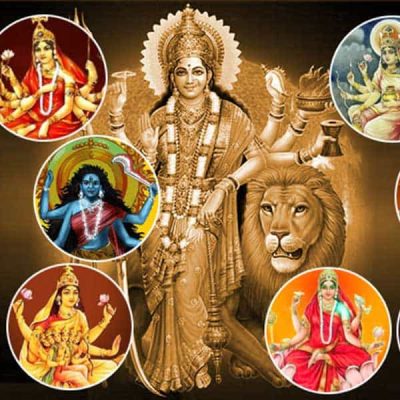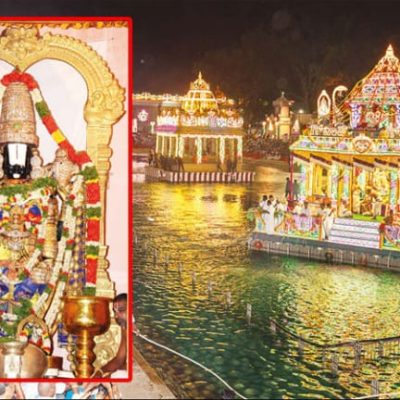Nrusinghanath Temple – Odisha

Address
Nrusinghanath Temple – Odisha
Mugpal,
Odisha 755009
Moolavar
Nrusinghanatha
Introduction
- Sri Nrusinghanatha Temple is a historic temple located at the foothills of Gandhamardhan hills, near Paikmal, in Bargarh, Odisha, India.
- The temple was founded by King Baijal Deva of Patna in the early 15th century CE.
- The temple stands at a height of 45 feet and is divided into two parts:
- The main sanctuary (seat of Lord Nrusinghanath or Narasimha).
- The Jagamohan (antechamber), which has three gates, each supported by four pillars.
- The temple is located about 110 km west of Bargarh and 164 km from Sambalpur. The nearest railhead is Khariar Road Railway Station.
- A beautiful garden surrounds the temple, showcasing different avatars of Lord Krishna, and features a 28-feet Hanuman Statue at its center.
Puranic Significance:
- Legend of Musika Daitya and Marjara Keshari:
- Around six hundred years ago, a woman named Jamuna Kandhuni composed a Kavya (poem) titled “Nrusingha Charitra” in Odia that narrates the glory of Marjara Keshari, which is a form of Lord Vishnu.
- The legend centers around the Musika Daitya (Mouse Demon), who was causing great torment to the people. In response, Vishnu Mani incarnated as Marjara Keshari (Feline Form), a cat-like deity, and confronted the demon.
- The Musika Daitya hid in a tunnel, but Marjara Keshari waited, guarding the region, symbolizing the defeat of evil powers and protecting people from tyranny.
- This mythological event is the foundation of the temple’s spiritual and historical significance. Since then, Lord Nrusinghnath (also called Marjara Keshari) has been guarding the area.
- Historical Context:
- Huen Tsang, the famous Chinese traveler, mentioned this area as a center for Buddhist scriptural learning, highlighting its ancient cultural importance.
- The temple has been revered for centuries as a powerful guardian against evil forces.
- Cultural and Religious Significance:
- Lord Nrusinghanath is one of the most beloved deities in Odisha, and a grand fair is held in his honor on the 14th day of the bright fortnight in the month of Vaisakha.
- Construction and Architecture:
- The temple was built by Baijal Deva in the early 15th century AD, as per inscriptions in Odia and Devanagari scripts.
- It is a masterpiece of Kalinga Architecture, specifically following the Deula style, a unique architectural style prevalent in Odisha temples.
Century/Period
15th century CE
Managed By
Department of Archaeology (DOA)
Nearest Bus Station
Baragarh
Nearest Railway Station
Khariar Road Railway Station
Nearest Airport
Bhubaneswar





